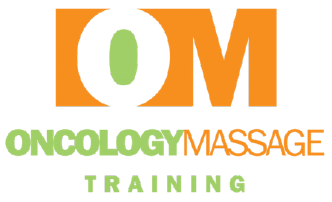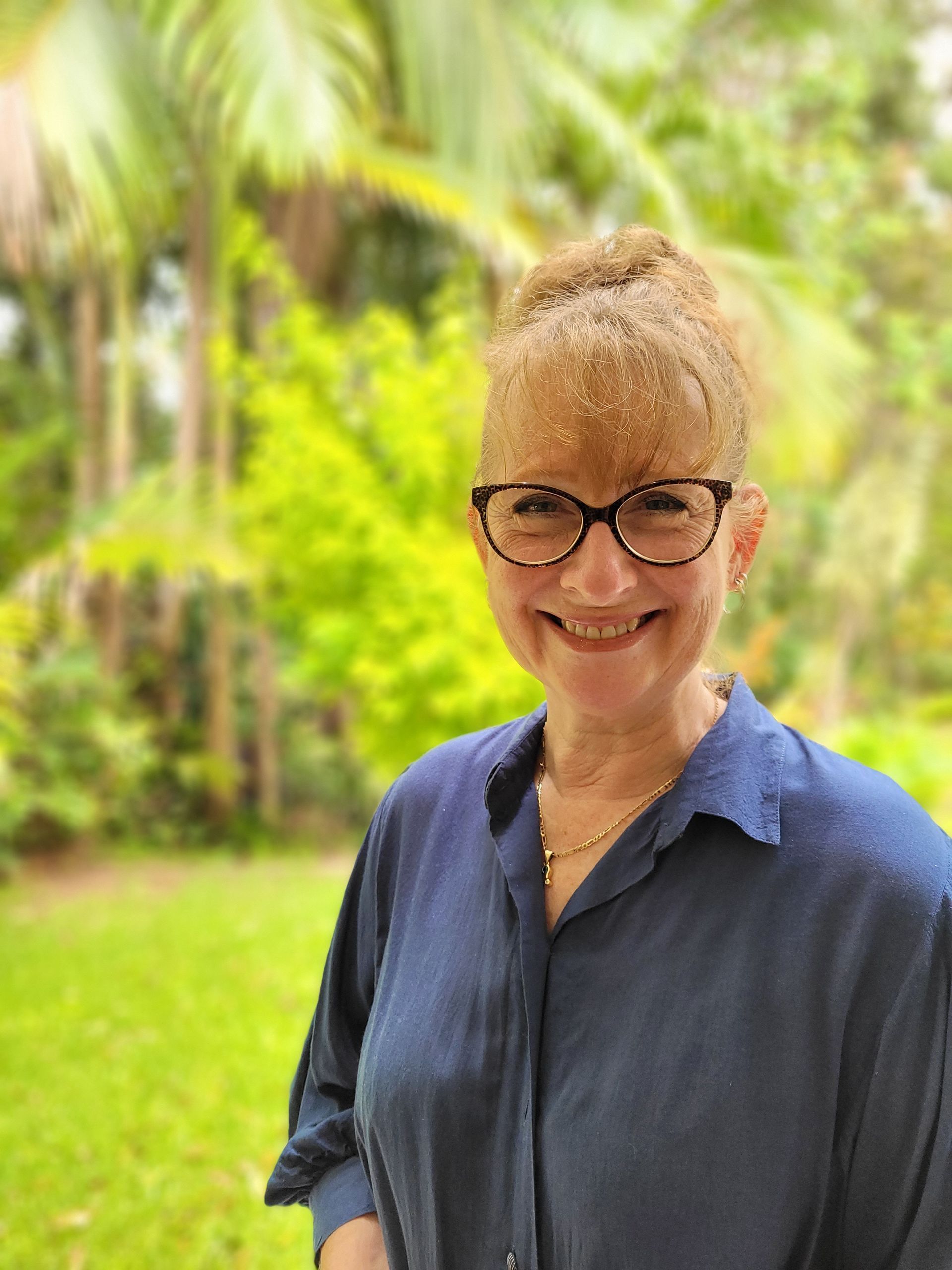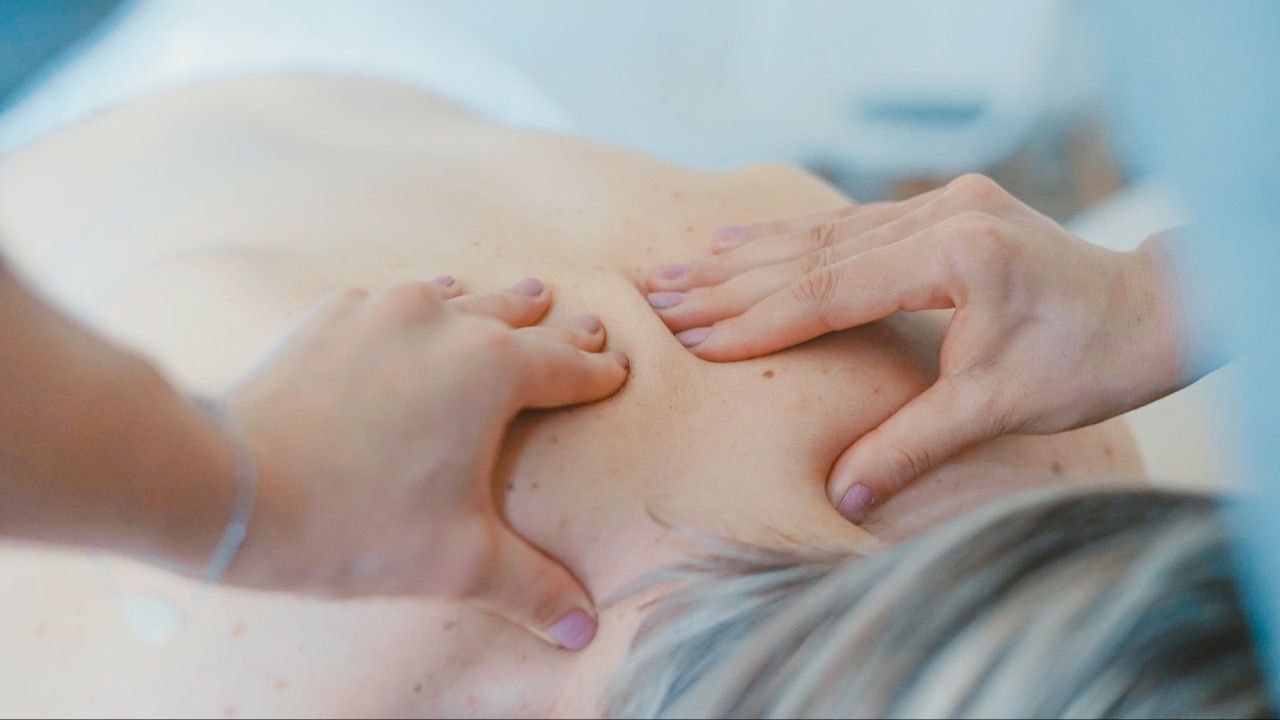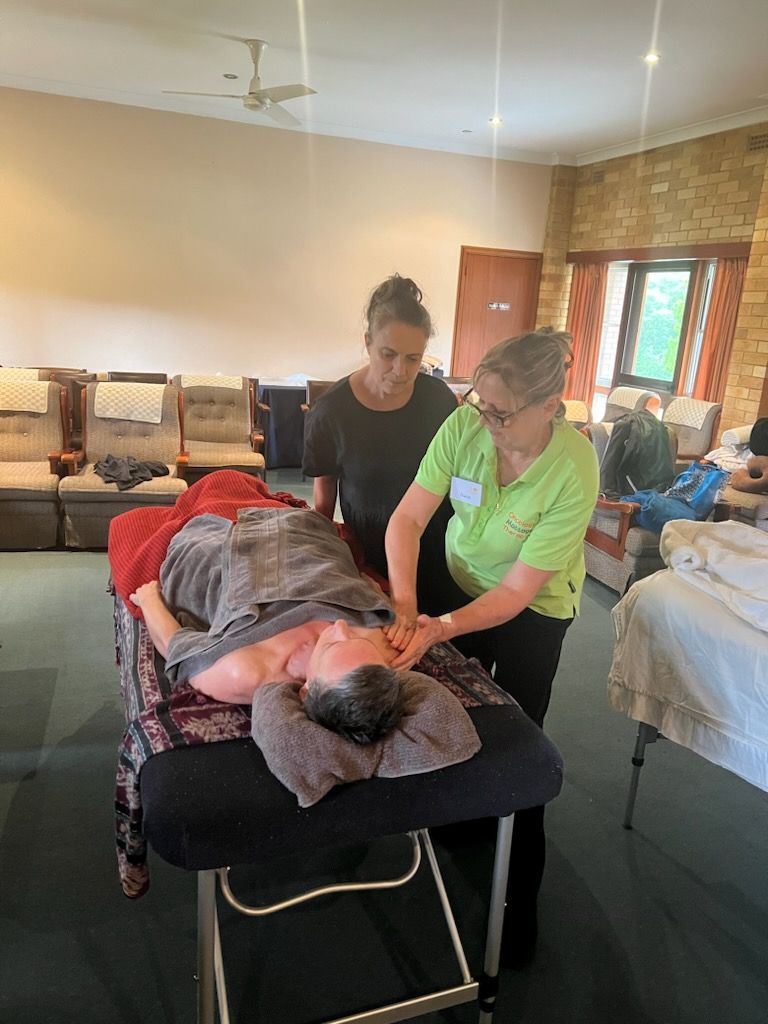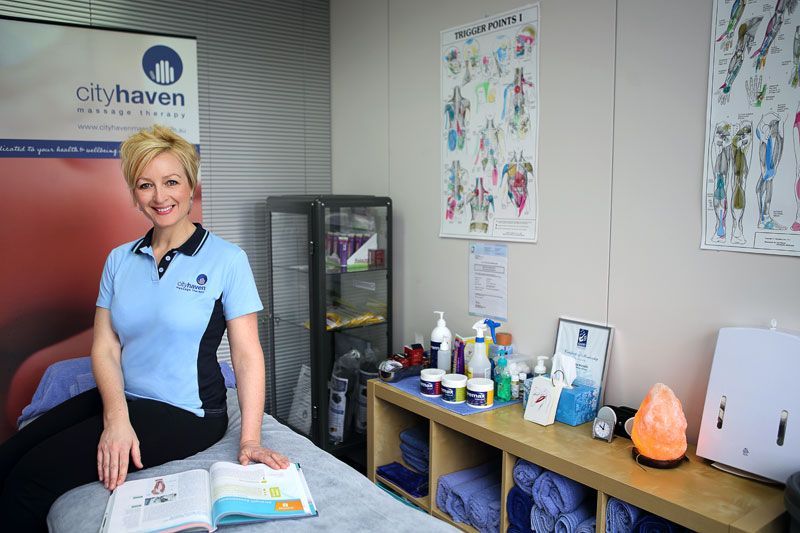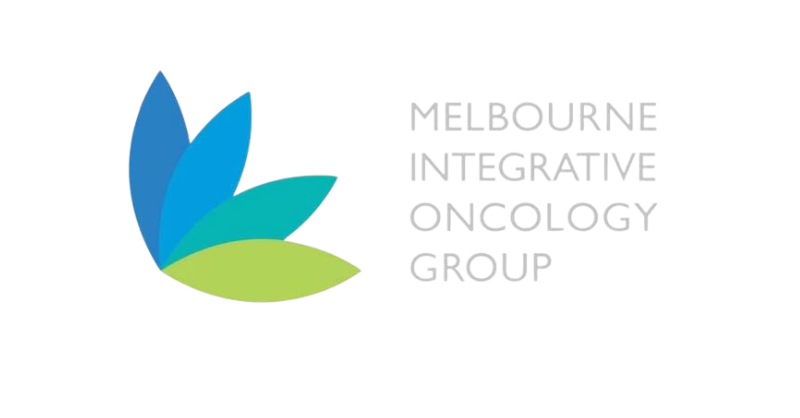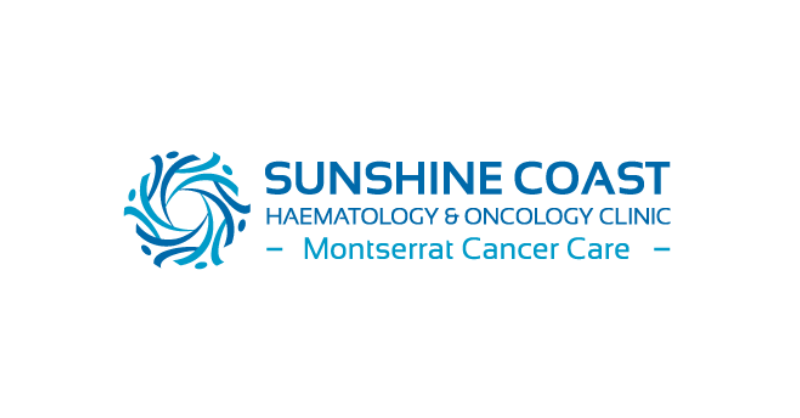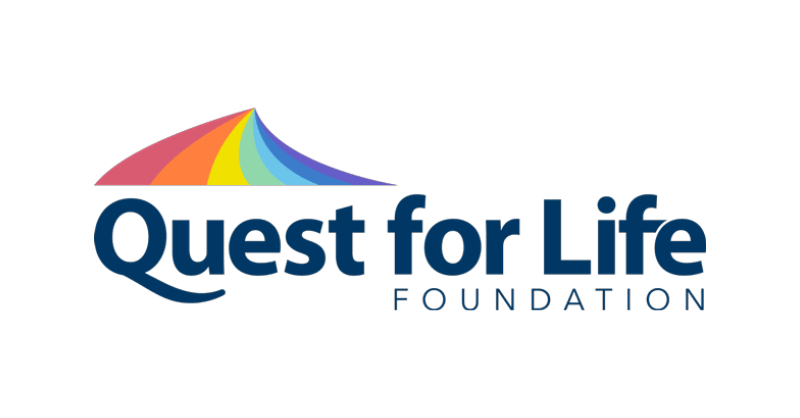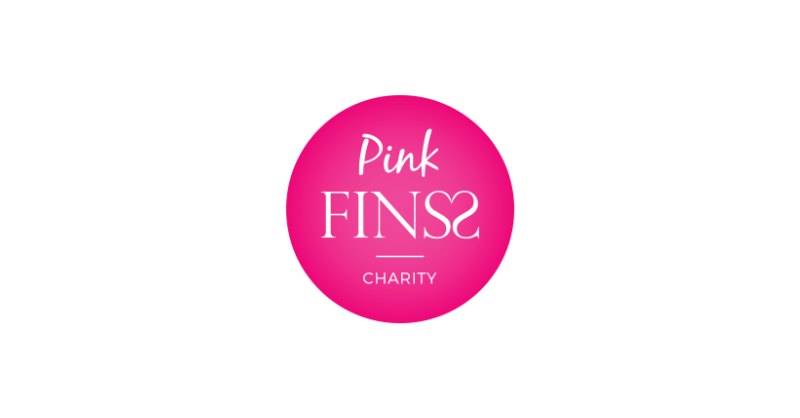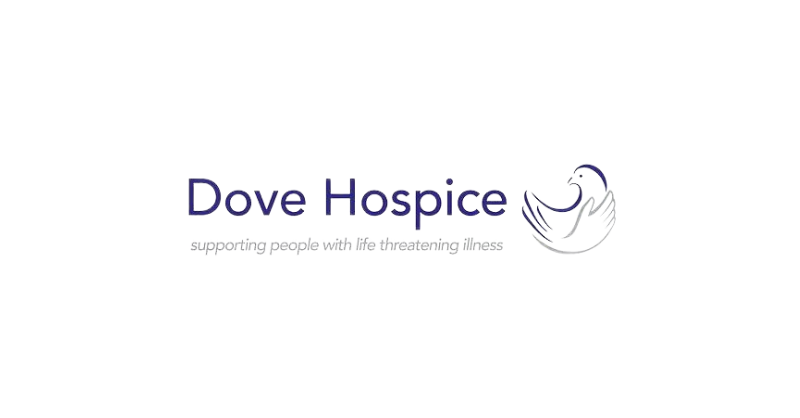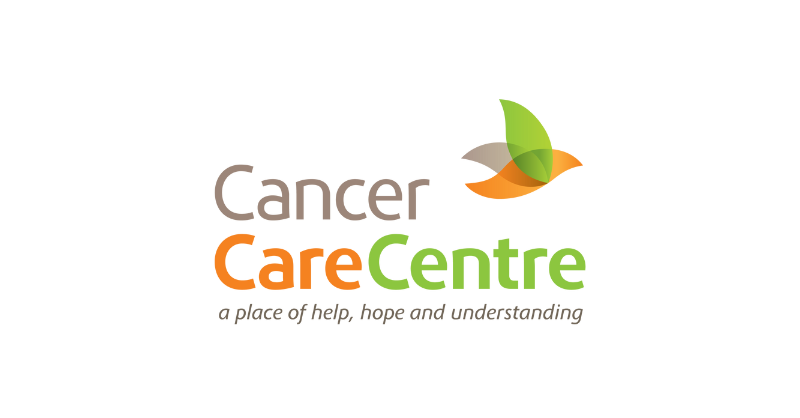Related Websites and Additional Reading
Dementia
Dementia Australia - Dementia Australia represents the 472,000 Australians living with dementia and the almost 1.6 million Australians involved in their care. Their strategic objectives are to significantly reduce the time it takes to diagnose dementia and increase the number of people accessing support, including those living in hard-to-reach locations; to create baseline and best-practice standards for quality dementia care, in consultation with stakeholders. We will advocate for the baseline standards, which will include provisions for training, to be implemented into aged care facilities across Australia; and to tackle discrimination head on so that no-one with dementia feels isolated.
NeuRA - Neuroscience Research Australia (NeuRA) is an independent, not-for-profit research institute based in Sydney, Australia. As a leader in brain and nervous system research, their goal is to prevent, treat and cure brain and nervous system diseases, disorders and injuries through medical research. They were previously known as the Prince of Wales Medical Research Institute.
Patient-Centred Care
Australian Cancer Survivorship Centre - The Australian Cancer Survivorship Centre (ACSC) is based at Peter MacCallum Cancer Centre (Peter Mac) in Parkville (VIC). The ACSC aims to improve outcomes for people affected by cancer. They work with clinical providers (medical, nursing, allied health) at Peter Mac and throughout Victoria and beyond, as well as survivors and a range of organisations, to enable improved care for survivors, their families and carers.
CareFully - Compassionate care isn’t an impossible challenge but is a culture shift. CareFully equips healthcare professionals, and those working in adjacent industries, with a powerful toolkit, training them to provide compassionate, patient-centred care. CareFully knows the daily challenges faced by the healthcare workforce, and they understand the patient facing treatment. CareFully brings these dual-perspectives together in tailored workshops, inspirational addresses and consultancy services, to create a lasting impact on the quality of care in your organisation.
Palliative Care Australia - Palliative Care Australia is the national peak body for palliative care. It represents all those who work towards high quality palliative care for all Australians. Working closely with consumers, our Member Organisations and the palliative care workforce, we aim to improve access to, and promote the need for, palliative care. We believe quality palliative care occurs when strong networks exist between specialist palliative care providers, primary generalist, primary specialist, and support care providers and the community. Palliative Care Australia launched in 1998, developing from the Australian Association for Hospice and Palliative Care Inc which started in 1991.
Caresearch - the CareSearch Project consolidates online palliative care knowledge for health professionals, for people needing palliative care and their families, and for the general community. Our project is responsible for two major websites, the CareSearch website and the palliAGED website. The CareSearch Project also works closely with a number of other projects to maximise impact within the sector. CareSearch is funded by the Australian Government Department of Health. The funding is provided to enable the provision of evidence based palliative care information and materials to everyone. The funder does not influence editorial policies or quality processes.
The Violet Initiative - thousands of Australians are caring for someone in the last stage of life. Whatever your situation Violet is here to help. It's never going to be easy... but it can be better. For both informal and formal caregivers, supporting someone in the last stage of life is one of the toughest human experiences. Violet brings together the wisdom of lived experience and a global evidence base to help caregivers to provide relief, build resilience and help people be better prepared and supported.
Asbestos-Related Cancers
Bernie Banton Foundation (Australia) - An Online Mesothelioma & Asbestos-Related Disease Support Community
Head & Neck Cancers
Below is a link to a site created by Itzhak Brook MD, a physician and a laryngectomee. It contains discussions of informative topics related to head and neck cancer and life as a laryngectomee.
Side Effects of Radiation Treatment for Head and Neck Cancer - by Itzchak Brook MD
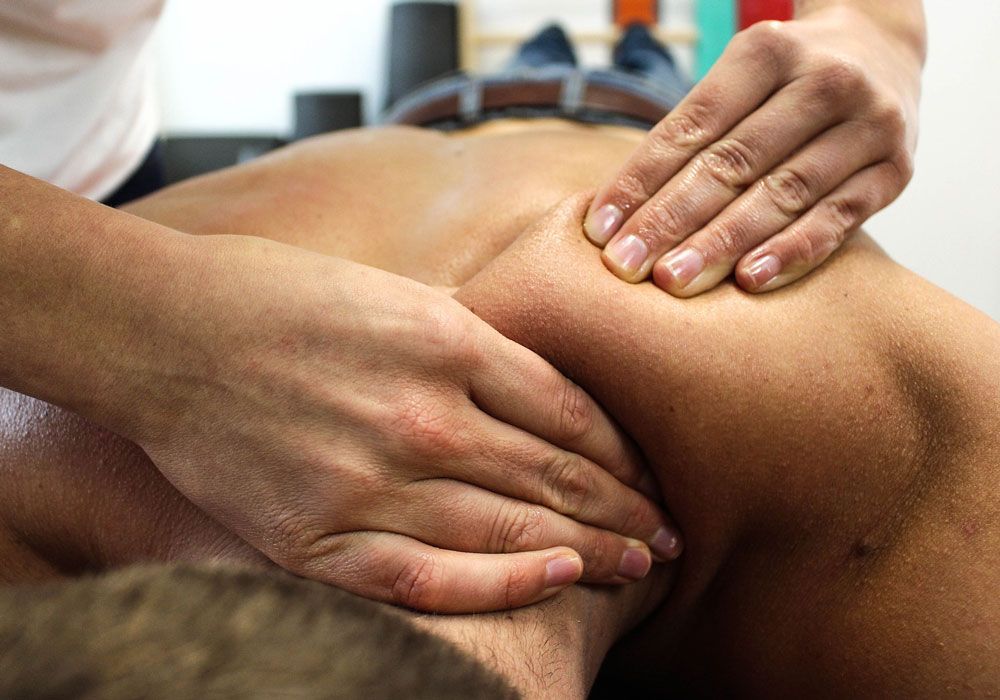
Courses
Key Documents
Resources
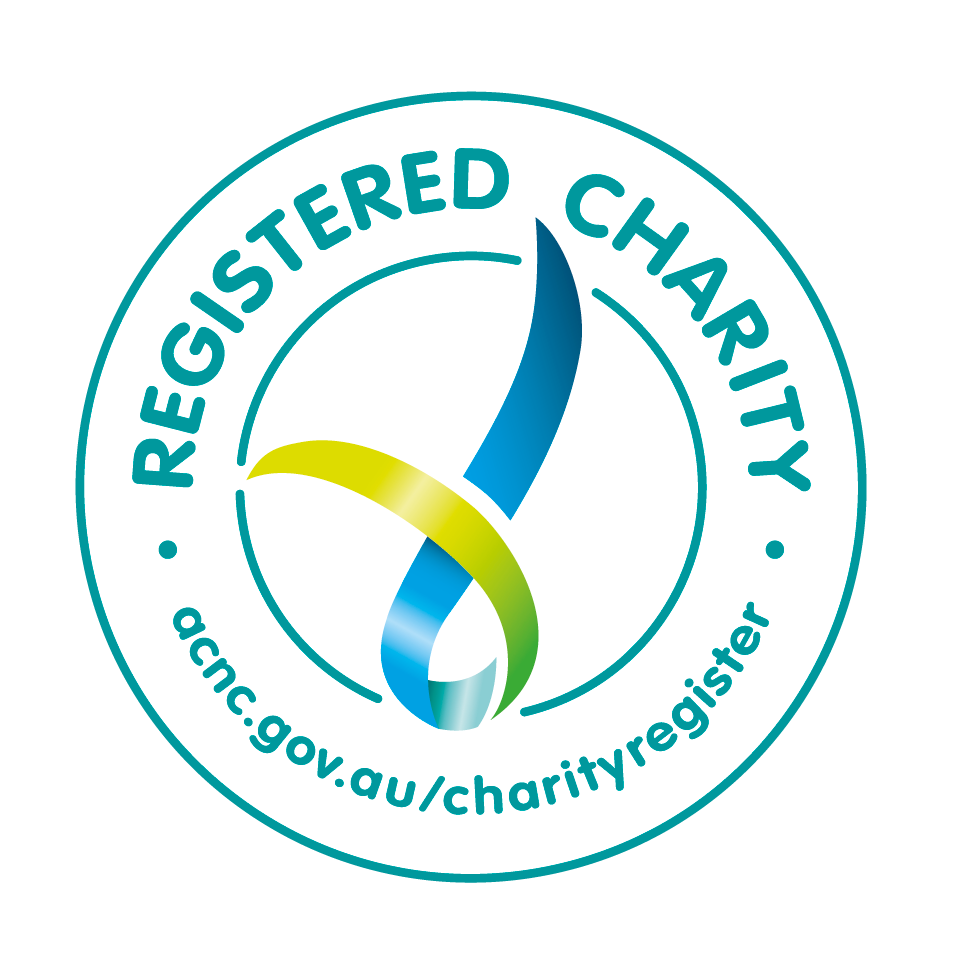
© ONCOLOGY MASSAGE LIMITED | ABN: 47 163 001 045 | ACN: 163 001 045
